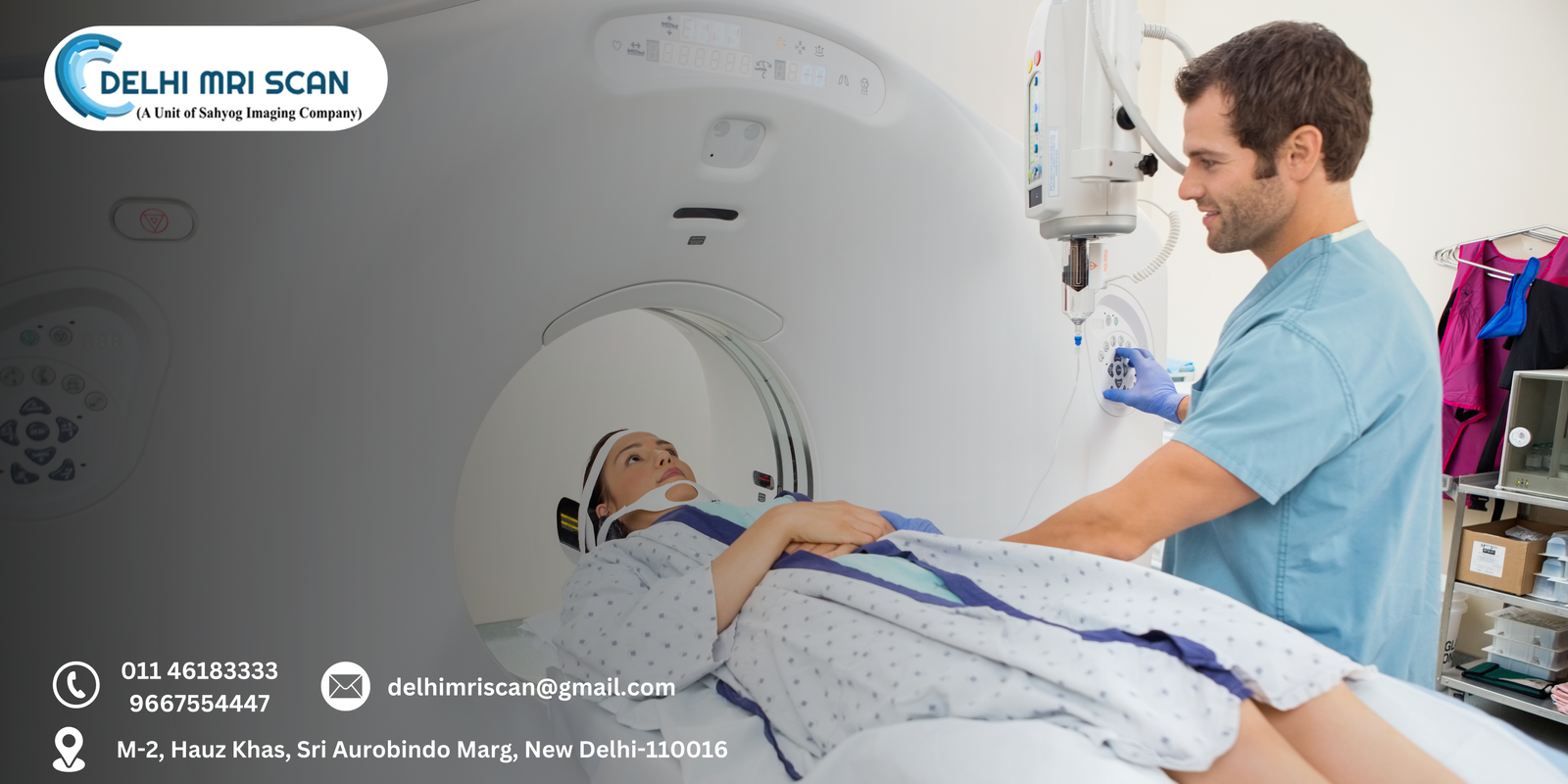Apr 15, 2024
The Power of CT Scan
The Power of CT Scan: Unveiling the Inner Workings of the Human Body
Computed tomography (CT) scan has revolutionized medical imaging, providing physicians with a noninvasive and highly accurate way to visualize the human anatomy. Since the early 1970s, CT scan has become an important diagnostic tool for the diagnosis and treatment of a wide range of medical conditions. In this blog, we’ll explore the world of CT scan, exploring how they work, the benefits, and the various applications of this powerful technology.
How CT Scan Works
CT scan uses X-ray computing technology to create detailed, close-up images of the body. During the CT scan, the patient lies on a table that slides into a large doughnut-shaped tube. The machine rotates around the patient and captures X-ray images from multiple angles. These images are then reconstructed by computer to create detailed, 3D models of the anatomy.
The process of a CT scan can be broken down into several steps:
- Preparation: The patient is positioned on the table, and any necessary preparations are made, such as removing jewelry or clothing that may interfere with the scan.
- Scanning: The table slides into the CT machine, and the X-ray beam rotates around the patient, taking images from multiple angles.
- Image Reconstruction: The computer reconstructs the X-ray images into detailed, 3D images of the body's internal structures.
- Image Analysis: The radiologist analyzes the images, looking for any signs of disease or injury.
Benefits of CT Scan
CT scan offers several benefits, including:
- High Accuracy: CT scan provides highly detailed and accurate images of the body's internal structures.
- Non-Invasive: CT scan is non-invasive, meaning it doesn't require surgery or the insertion of instruments into the body.
- Quick and Painless: CT scan is quick and painless, taking only a few minutes to complete.
- Wide Range of Applications: CT scan can be used to diagnose and treat a wide range of medical conditions, from cancer and cardiovascular disease to musculoskeletal disorders and neurological conditions.
Applications of CT Scan
CT scan has a wide range of applications, including:
- Cancer Diagnosis and Treatment: CT scan is used to diagnose and stage cancer, as well as to monitor the effectiveness of treatment.
- Cardiovascular Disease: CT scan is used to diagnose and treat cardiovascular disease, including heart attacks and strokes.
- Musculoskeletal Disorders: CT scan is used to diagnose and treat musculoskeletal disorders, such as bone fractures and joint disorders.
- Neurological Conditions: CT scan is used to diagnose and treat neurological conditions, such as brain injuries and stroke.
- Emergency Medicine: CT scan is used in emergency medicine to quickly diagnose and treat life-threatening conditions, such as internal injuries and bleeding.
Types of CT Scan
There are several types of CT scan, including:
- Standard CT Scan: A standard CT scan uses a single X-ray beam to produce images of the body's internal structures.
- Spiral CT Scan: A spiral CT scan uses a continuous X-ray beam to produce images of the body's internal structures.
- Multidetector CT Scan: A multidetector CT scan uses multiple X-ray beams to produce images of the body's internal structures.
- High-Speed CT Scan: A high-speed CT scan uses advanced technology to produce images of the body's internal structures in a matter of seconds.
Risks and Side Effects
While CT scan is generally safe, there are some risks and side effects to be aware of, including:
- Radiation Exposure: CT scan uses X-rays, which expose the patient to small amounts of radiation.
- Allergic Reactions: Some patients may be allergic to the contrast dye used in CT scan.
- Kidney Damage: The contrast dye used in CT scan can cause kidney damage in patients with pre-existing kidney disease.
Conclusion
CT scan has revolutionized medical imaging, providing doctors with a powerful tool to diagnose and treat a wide range of medical conditions. Because of its high accuracy, non-invasive nature, rapidity, and painlessness, CT scan has become an important diagnostic tool in modern medicine. Whether you are a patient or a healthcare professional, understanding the power of a CT scan can help you make informed decisions about your health.

